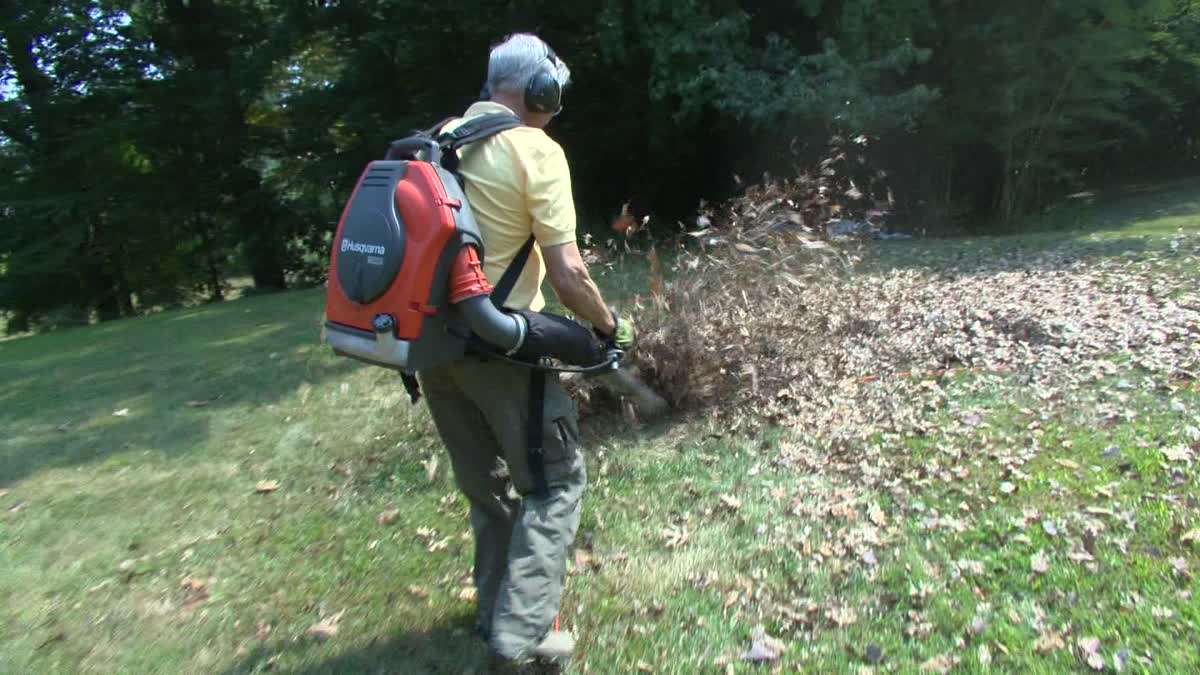Illinois lawmakers held a Senate hearing Tuesday to consider the legalization of sports betting across the state.
During the hearing, legislators discussed what platforms might be used, what state regulations would be put in place, and how the bets would be taxed.
There is currently a federal ban on sports betting, however the U.S. Supreme Court is considering a decision to overturn it.
Chris Grove, managing director of Eilers and Krejcik Gaming LLC, is a gaming analyst based in Las Vegas who attended Tuesday's hearing. Grove estimated that a potential $680 million is spent annually on sports betting in Illinois, through both land and mobile sites. A 10 percent tax on that would generate approximately $68 million in state revenue.
But lawmakers expressed concern Tuesday about the impact of legalizing sports betting on casinos.
The Illinois Church Action on Alcohol and Addiction Problems also registered its opposition to the expansion of sports betting, noting that “nearly 10 percent of the high school students are gambling online, and more than 40 percent are gambling in any form.”
The group said Tuesday that “sports gambling will increase problem and pathological gambling.”
Local
Also testifying at Tuesday's hearing was Dan Spillane, representing the National Basketball Association. Spillane said that while the NBA had previously “opposed the expansion of sports betting,” after studying the issue, “the time has come for sports fans to bet in a safe way.”
Major League Baseball's representation at the hearing, Bryan Seeley, said that “if Illinois is going to legalize sports betting, there are some important things that need to be in the legislation," namely, giving the league the ability to talk to bookmakers. Representatives for the Chicago Cubs and White Sox were also in attendance at the hearing.
"We are not looking to prevent betting," Seeley said, but adding that the MLB did not want to see betting in the minor leagues.
"We do not want to create betting in those markets; there’s more risk for corruption," he said.



